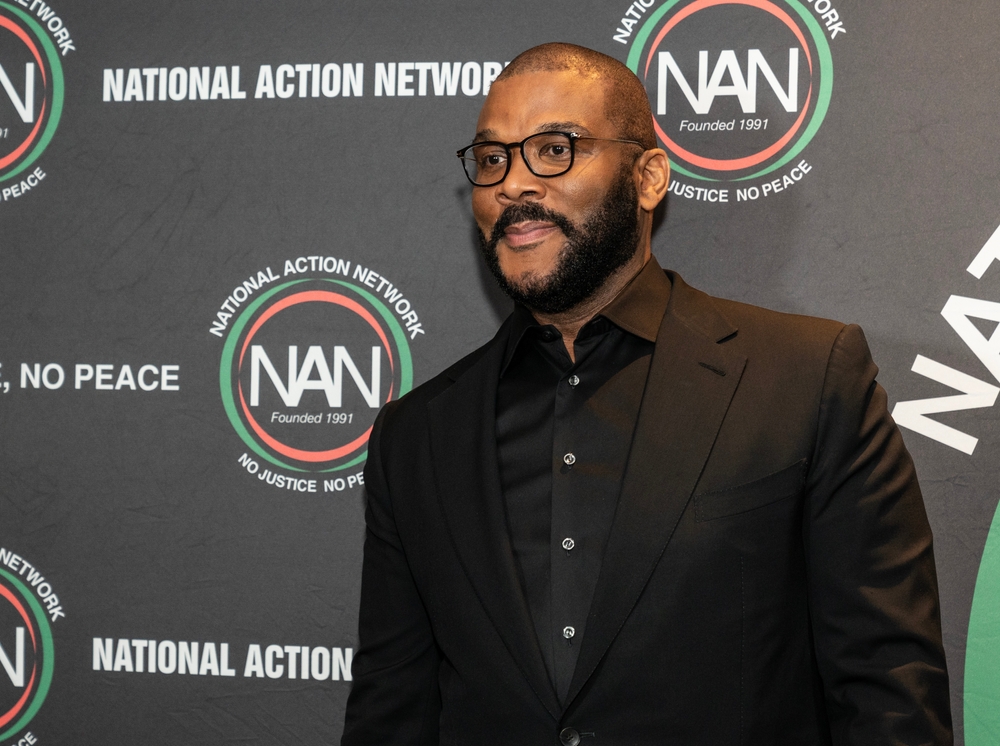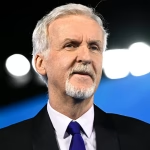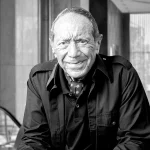Tyler Perry: From Motown Stage to Billion-Dollar Media Empire
According to recent figures, Tyler Perry’s net worth has climbed to approximately US $1.4 billion as of 2025, placing him among the richest film producers in the world. This remarkable rise reflects his mastery of production, ownership, and strategic business expansion across film, television, and studio real estate. The following article explores how Perry built his wealth, how his production company operates, and what lessons C-suite executives can draw from his unrivalled control of creative and commercial assets.
Early Years & Entry Into Entertainment
Born Emmitt Perry Jr in New Orleans in 1969, Tyler Perry endured a troubled childhood and early homelessness before harnessing his creative talents. He began writing plays that mixed gospel themes, comedy and moral messaging, bringing them to Atlanta community centres and churches. One of his key breakout works was his stage musical I Know I’ve Been Changed.
By the early 2000s, he converted his stage success into film. His first major movie, Diary of a Mad Black Woman (2005) was produced on a budget of US$5.5 million and went on to earn more than US$50 million domestically — leveraging a loyal audience base and an ownership model.
His mantra — “I own the lights. I own the sets. So that’s where the difference is.” — has become almost legendary in entertainment business circles.
Tyler Perry Studios: Infrastructure, Scale and Ownership
A key pillar behind Perry’s success is the ownership of his production facility. In 2015 he purchased the former Fort McPherson military base in Atlanta and converted it into the 330-acre Tyler Perry Studios complex, complete with sound-stages, backlots and multiple production facilities.
This studio doesn’t just serve his own productions — it rents out space to major studios, giving Perry dual revenue streams: content creation and studio services. The control of infrastructure enables cost efficiencies and maximised returns — fewer middle-men, full control.
By building the architecture of production — sets, equipment, campus — Perry shifted from “talent” to owner-operator. For business leaders, this transition from creator to asset-owner is instructive: vertical integration matters.
Wealth Machine: Value Through Ownership & Intellectual Property
Perry’s business and financial model stands out for its simplicity and power: produce content, own the rights, scale distribution and infrastructure. Key features include:
-
Complete ownership of content: Films, TV shows and plays are largely controlled by Perry. He bypasses traditional studio models, enabling him to keep a large proportion of profits.
-
Efficient production economics: Many of his productions are made on modest budgets (for Hollywood) and targeted to niche, loyal audiences. This lowers risk and enhances return.
-
Lucrative partnership deals: One landmark deal is with ViacomCBS (now part of Paramount Global). Tyler Perry Studios signed agreements that net around US$150 million per year for content creation and include an equity stake in the streaming platform BET +.
-
Real-estate and studio rentals: His Atlanta complex is valued at hundreds of millions and functions as a service business to other productions, giving recurring cash-flow.
-
Franchise control: Perry’s iconic character franchise — Madea’s Family Reunion and others — anchored early success and kept building the library of content under his control. African Billionaires Daily+1
Together, these elements demonstrate how Perry structured his business to convert creative output into enduring financial value. As Forbes noted, he has turned “Hollywood on its head” by flipping the usual model — talent becomes owner, output becomes asset. Newsweek
Business & Legal Infrastructure: The Backbone of Success
Beyond creativity, Perry’s empire relies on robust legal and financial architecture:
-
Rights and distribution structures: Because he retains ownership, when shows are syndicated or streamed, he benefits long-term.
-
Studio property ownership: The purchase of the Atlanta lot creates fixed assets which can appreciate and provide collateral for financing.
-
Equity stakes and backend deals: His 25 % stake in BET+ gives him upside in a streaming platform, not just production fees.
-
Tax and incentive optimisation: Many productions are filmed in Georgia, leveraging state tax incentives, whilst controlling production cost enables higher profit margins.
-
Contingency events: In 2024/25, Perry paused an US$800 million expansion of his studio citing concerns about AI’s disruption in production — showing readiness to adapt its infrastructure and legal exposures. African Billionaires Daily
From a CEO Today perspective, Perry illustrates that creative businesses must think like manufacturing or technology enterprises — rights, platforms, services and infrastructure.
Culture, Ownership & Success: What Sets Perry Apart
Several attributes explain why Tyler Perry has achieved this level of success:
-
He tapped into underserved markets — faith-based, African-American audiences — and built loyalty rather than chasing mainstream consensus.
-
He kept the full value chain in-house: he wrote, directed, produced, and distributed many projects, reducing external dependency.
-
He made strategic infrastructure investments (Tyler Perry Studios) enabling scale and third-party revenue.
-
He retained intellectual-property ownership, emphasising long-tail value rather than one-off successes.
-
He shifted with the industry: creation of streaming deals, rental of studio space, and a diverse asset-base.
As Perry put it:
“I own the lights. I own the sets. So that’s where the difference is.” Newsweek
For leaders, the lesson is clear: value lies in the architecture around your product, not just the product itself.
2025 & Beyond: Scaling, Streaming and Strategy
In recent years, Tyler Perry has secured first-look film deals with Netflix and Amazon, enabling him to expand into global streaming content. African Billionaires Daily+1
He is increasingly positioning his studio as a production hub for other creators, turning Tyler Perry Studios into not just a content generator but a platform.
Amid the rise of AI, Perry’s caution in paused studio expansion shows strategic foresight: recognising disruption and scaling accordingly.
In 2025, with his net worth at around US$1.4 billion, Perry sits at the intersection of content, infrastructure and platform — the model many media-tech CEOs aim to emulate.
Conclusion
Tyler Perry’s journey from stage plays to owning a billion-dollar production empire offers a blueprint for creative entrepreneurs and business leaders alike. His story emphasises that success isn’t just making the product — it’s owning the production, leveraging infrastructure, controlling rights and building a diversified, resilient enterprise. For CEOs in media, tech or content-driven industries, Perry’s model holds a powerful message: create, own, scale.














